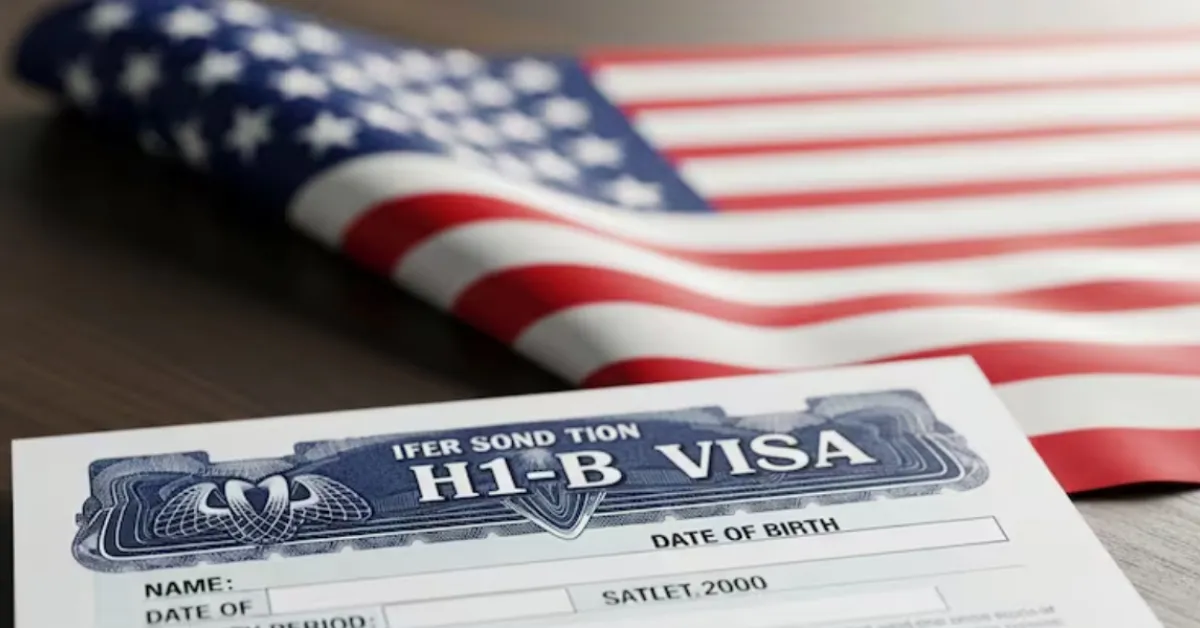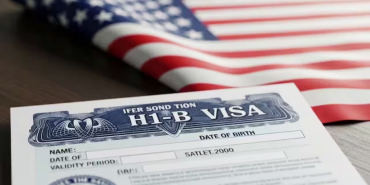Which Countries Stand to Gain from the US H-1B Visa Fee Increase?

The Trump administration has significantly increased the application fee for new H-1B visas to $100,000, up from a previous range of $2,000 to $5,000, in a move set to impact hiring practices across the technology industry.
The White House stated that the fee hike, which took effect on 21 September, applies only to new applications and not to existing visa holders or petitions submitted before the deadline. The administration has framed the policy as part of its effort to prioritise American workers and reduce reliance on foreign labour.
Established in 1990, the H-1B visa programme allows US employers to hire highly skilled foreign workers, particularly in science, technology, engineering and mathematics (STEM) fields. Each year, the programme allocates 65,000 visas, with an additional 20,000 available to applicants holding advanced degrees.
Indian and Chinese nationals make up the majority of recipients, with Indian citizens accounting for more than 70 percent of approvals. Leading US technology companies, including Microsoft, Google, Apple, Meta and Amazon, have traditionally depended on H-1B visa holders to fill critical roles.
In response to the policy change, Microsoft has reportedly advised employees on H-1B visas to avoid international travel. Industry executives with personal ties to the programme, such as Sundar Pichai, Satya Nadella and Elon Musk, have highlighted its importance in enabling international talent to contribute to American innovation.
Critics of the H-1B system have argued that it allows companies to bypass domestic hiring by employing foreign workers at lower salaries. The Department of Homeland Security has also announced plans to restructure the H-1B lottery to give preference to higher-paid applicants. Additional reforms to the programme are said to be under consideration.
Economists and immigration analysts have expressed concern that the new fee may discourage skilled professionals from seeking employment in the United States, potentially leading to talent shortages in key sectors. Several countries are responding by adjusting their immigration policies to attract skilled workers. The United Kingdom is reportedly considering removing visa fees for high-level professionals as part of a broader strategy to boost economic growth.
China plans to launch a new K Visa in October, allowing STEM workers to study and work in the country without a job offer. South Korea is reviewing funding initiatives aimed at attracting global expertise in artificial intelligence and related fields.
Canada has also moved to ease access for skilled foreign workers. This month, it lowered the points threshold for its permanent residency application system and may reintroduce a programme from 2023 that allowed H-1B visa holders to relocate under favourable terms. That scheme reached its 10,000-person cap within weeks of launching.
As the US shifts its approach to skilled immigration, other nations are actively positioning themselves to attract global talent. The long-term impact of the H-1B fee increase may extend beyond immediate employment changes, influencing where future innovation and economic growth are concentrated.














Add new comment